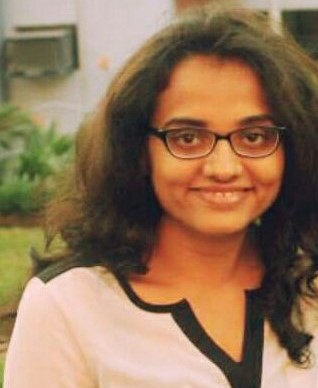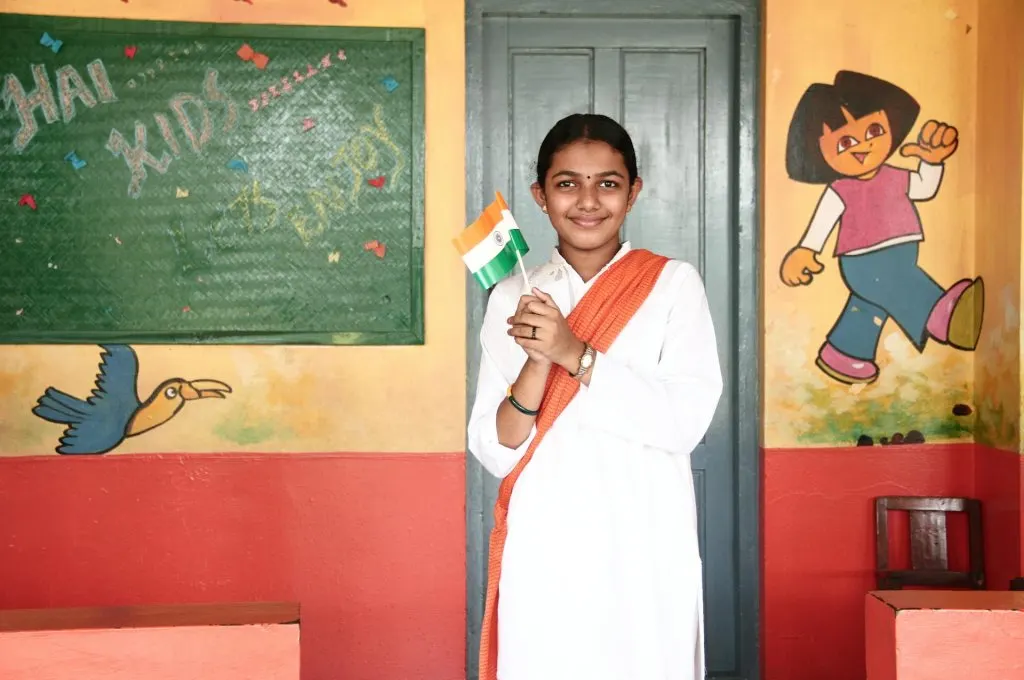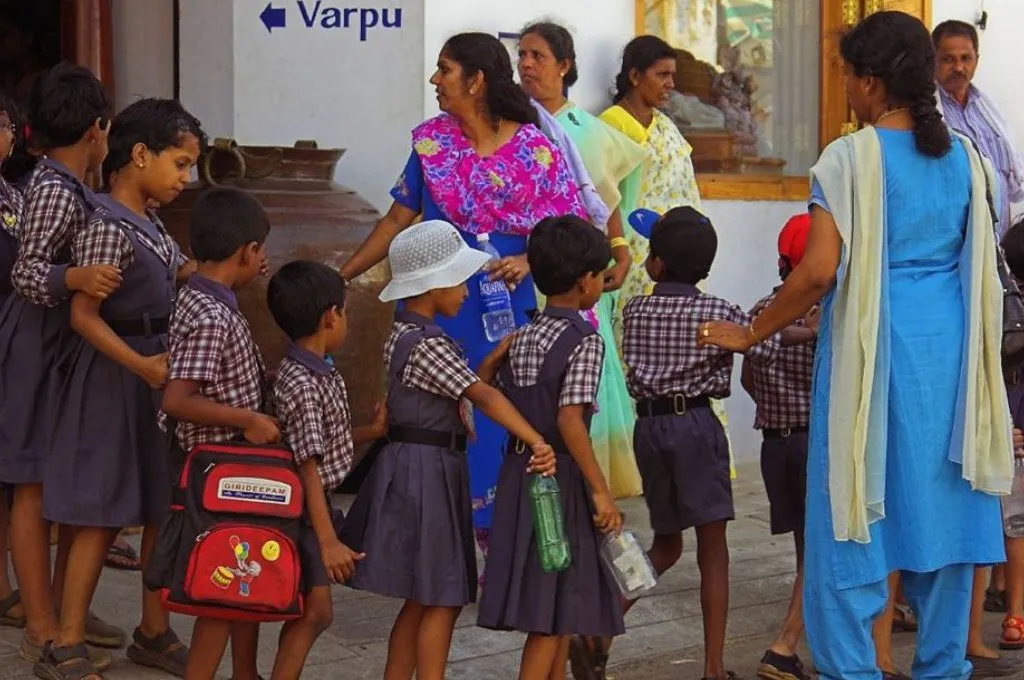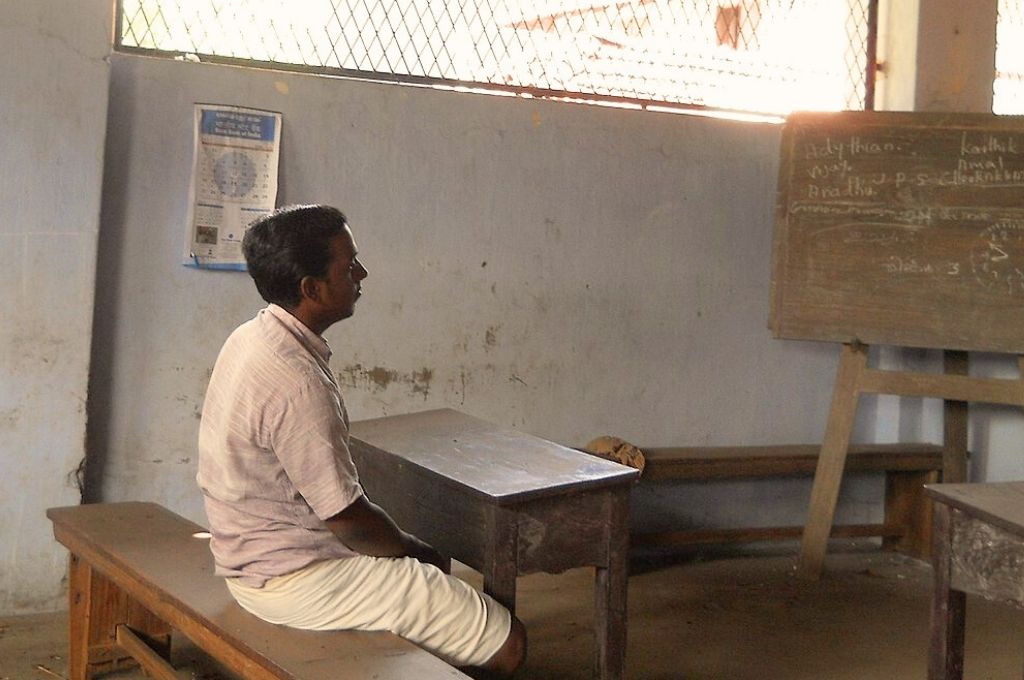Listen in on this conversation between Dhir Jhingran, Founder Director of Language and Learning Foundation and Pranav Kothari, Vice President of Large Scale Education Programs at Educational Initiatives (EI).
This conversation is part of a video series – EI Dialogues that aims to stimulate ways of thinking, knowing, and working on education in India.
Here are some highlights
In many parts of the country, a child is expected to speak and comprehend different languages at home, in school, and in the market – at the same time. It is therefore important to promote an attitude of tolerance towards diversity in language and culture. A strong foundation in one language helps a great deal in learning additional languages.
Teachers need to demonstrate a tolerant and respectful attitude towards all languages as well as apply specific strategies to engage with children who may not know the language of instruction at school. A one-size-fits-all approach may not work when students come from diverse backgrounds, so teachers need to contextualise their approach.
In some parts of the country, being able to read, write and speak Hindi is more advantageous than knowing English. So instead of overstating the importance of English and using it as medium of instruction in schools where children may not understand it, it helps to use a more familiar language. English can be introduced later, informally and orally.
A shared vision, developed through consultation and dialogue is the most important ingredient to scale transformative change.
You can watch the full interview on EI’s YouTube channel.





